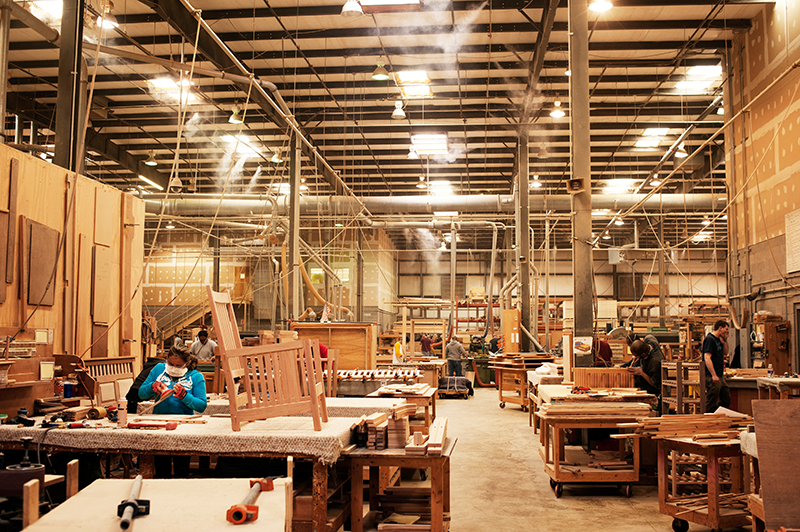
Representativeness
Representativeness is the term used by the European Commission in determining the legitimate participants in social dialogue, provided for under Articles 154/155 of the Treaty on the Functioning of the European Union (TFEU). To qualify, organisations must relate to specific sectors or categories and be organised at the European level, have member organisations that are recognised and an integral part of a Member State’s social partnership structure with the capacity to negotiate agreements, and have adequate structures to ensure effective participation in consultation processes.











